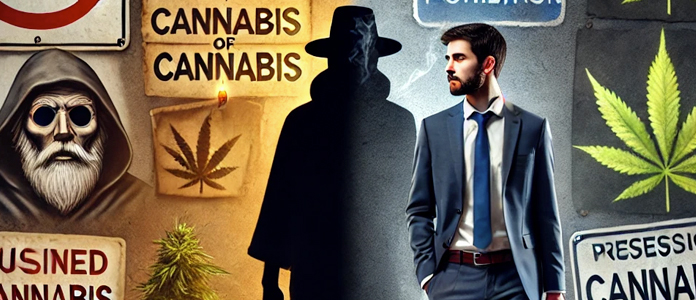Cannabis has long been associated with negative stereotypes, from outdated propaganda to legal restrictions that fueled decades of controversy. However, shifting public perception, driven by changes in media representation, political movements, and personal stories, suggests that attitudes toward cannabis are evolving.
The Role of Media in Shaping Perception
For much of the 20th century, mainstream media portrayed cannabis as a dangerous drug linked to crime and social decay. Films like Reefer Madness (1936) fueled fears, while news outlets reinforced negative stereotypes. Today, media narratives are far more nuanced:
- Positive Portrayals in Pop Culture: Shows like Weeds and Disjointed have normalized cannabis use, while documentaries like The Culture High examine its societal impact.
- Balanced News Coverage: Major media outlets now report on cannabis with a focus on scientific research, economic benefits, and legalization efforts rather than scare tactics.
- Influencers and Personal Brands: Social media figures and entrepreneurs openly advocate for cannabis, sharing personal success stories and breaking down stigma in digital spaces.
Politics and Legalization: The Shift in Policy
Government policies have played a major role in shaping public opinion on cannabis. In recent years, political movements and legislative changes have reflected growing acceptance:
- Decriminalization and Legalization: Many U.S. states and countries worldwide have moved toward legalizing cannabis for medical and recreational use.
- Medical Advancements: Scientific research highlighting cannabis’s potential for pain relief, anxiety reduction, and epilepsy treatment has contributed to policy changes.
- Bipartisan Support: While cannabis was once a divisive issue, politicians from across the spectrum are increasingly supporting reforms.
Personal Stories: Humanizing Cannabis Use
Beyond politics and media, personal stories have played a significant role in shifting public perception. As more people share their experiences with cannabis for medical, wellness, or recreational use, the conversation around its benefits and risks becomes more open and less stigmatized.
- Patients Fighting for Access: Individuals suffering from chronic pain, PTSD, and epilepsy have advocated for medical cannabis as a life-changing treatment.
- Entrepreneurs and Industry Leaders: Business owners in the legal cannabis market are changing the image of cannabis users from illicit consumers to legitimate professionals.
- Everyday Users Speaking Out: Regular people sharing their experiences—whether it’s replacing pharmaceuticals with CBD or using cannabis to manage stress—help normalize responsible use.
Is the Stigma Truly Disappearing?
While progress is evident, stigma still exists. Workplace drug policies, outdated federal regulations, and social prejudices continue to pose challenges for cannabis users. However, as more research, advocacy, and personal narratives emerge, the negative stereotypes surrounding cannabis are gradually fading.
The conversation is no longer about whether cannabis should be accepted, but how society can integrate it responsibly into culture, medicine, and commerce.


